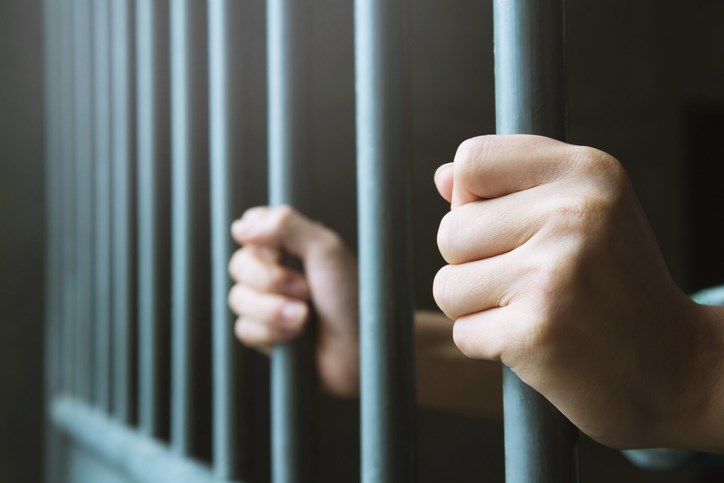SASKATCHEWAN – What is reverse onus bail, and why does it matter?
Reverse onus bail puts the burden of proof on the accused to show why he/she should be released on bail, rather than on the Crown to show why he/she should be detained.
This means the accused has to prove that he/she isn’t a flight risk, isn’t a danger to the public, and not likely to commit another offence if released on bail.
Reverse onus bail happens when an accused is charged with drug trafficking, an organized crime offence, or serious offence. Reverse onus bail hearings also apply if an accused is already on bail and faces new charges, or failed to follow court ordered conditions while on bail.
Supporters of reverse onus bail argue that it’s necessary to protect the public from dangerous offenders and ensure that the accused shows up for court dates and doesn’t flee.
Critics, on the other hand, argue that reverse onus bail violates the presumption of innocence, which is a fundamental principle of our justice system. They also argue that it disproportionately affects marginalized communities, who may be more likely to be charged with certain offences and less likely to have the resources to fight against reverse onus bail.
Reverse onus bail isn’t always used in cases where it could be. In many cases, judges still choose to apply the traditional burden of proof, which requires the Crown to show why the accused should be detained.
After a bail hearing, a judge decides whether the accused should be released.
— Click for more from Crime, Cops and Court.




